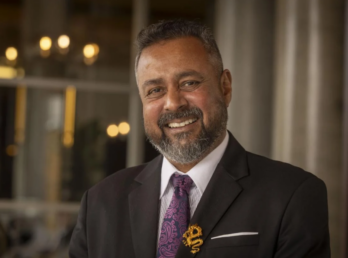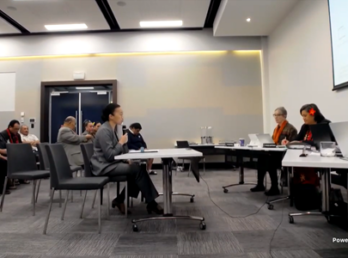Beyond the Myth: Why Crafting a Will is Essential for All Adults articles
Date
25 Sep 2024
Related Expertise
In New Zealand, there’s a widespread misconception that creating a will is a task only reserved for older people, those with serious health issues, or individuals with significant property and children. Many people struggle with the misconception that drafting a will is a morbid undertaking and see it as some form of bad luck. However, making a will is something every person should consider, regardless of age or wealth.
If you have combined assets valued at more than $15,000—such as savings, KiwiSaver, shares, or valuable personal belongings—having a will is a smart move.
Having a will is crucial: if you pass away with assets exceeding the monetary threshold and don’t have a will, your estate will need to go through a legal process called Letters of Administration through the High Court.
Not having a will means you have no say in who is charged with administering your estate, you have no say on who will benefit from your assets and the administration of your estate is likely to be costlier and more time-consuming compared to what it would have been should you have had a will.
The distribution of your assets, when you die without a will, according to New Zealand law, generally goes to your family members, regardless of your relationship with them or your personal wishes. For example, if you’re estranged from certain family members, they could still inherit a portion of your estate. That’s why having a will is so important: it ensures that your final wishes are carried out as far as you can and that your assets go to those you truly want to benefit.
Expert Guidance:
When it comes to creating a will, using a lawyer is the best choice. While it’s possible to draft a will online using various templates and services, working with a lawyer can offer several advantages that make the process smoother and more reliable. A “homemade” will is likely to have flaws that could be so significant that the document is rendered redundant. For example, a witness to a will cannot be a beneficiary under the will, the two witnesses and the will-maker must all sign at the same time, date the will, and sign each page. Extreme care must be taken in handling the signed will to ensure that it is not damaged in any way – holes in the document from a staple that has been removed can likely raise a query from the High Court as to the validity of the will. A straightforward will is inexpensive, and most lawyers only charge a nominal amount in drafting a will for a client.
A lawyer specialising in estate planning can provide invaluable advice tailored to your unique situation. They understand the complexities of estate law and can help you navigate the best way to structure your will, ensuring it meets all legal requirements and effectively reflects your wishes.
Your lawyer can advise you on how to protect your assets and update your will as your circumstances change. Whether you experience significant life events, such as marriage, divorce, or the birth of children, a lawyer can help you revise your will accordingly. As an example, a will made prior to a wedding is invalid unless the will states that it was made in contemplation of marriage to a named spouse.
In the event of a dispute or challenge to your will, having a lawyer familiar with your estate planning can be invaluable. They can provide legal representation and guidance to resolve any issues, protecting your estate and ensuring your wishes are honoured.
Your will does not need to be complex and wills are valid many years or decades ahead if your circumstances have not changed. Your will can contain directives about pets, funeral arrangements, and of burial and cremation wishes that are often subjects never discussed, but by providing your directions in the will you can ensure that your wishes are honoured.
You may have a passionate interest in a charity that you wish to benefit from your estate. If you have no will then that wish will not be enacted.
When attending your lawyer also discuss the need to have an Enduring Power of Attorney for care and welfare and for property. These again are insurance policies to ensure that your wishes are followed particularly in contentious areas such as non-resuscitation directives.
So, whether you’re young or old, have a modest savings account or a significant investment portfolio, making a will is a sensible and proactive step. Every adult should consider this simple document, as it can make a big difference in ensuring your assets are managed and distributed exactly as you desire.
Subscribe
Get insights sent direct to your email.


































